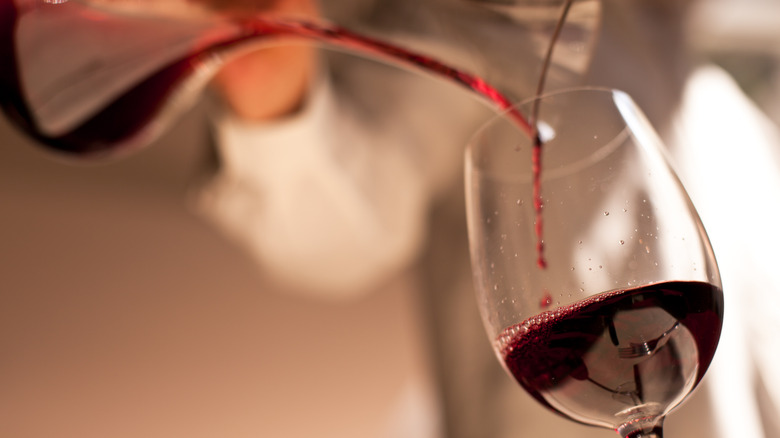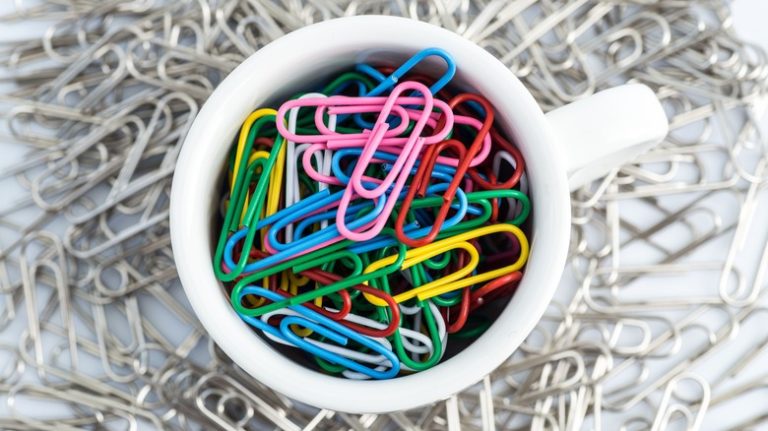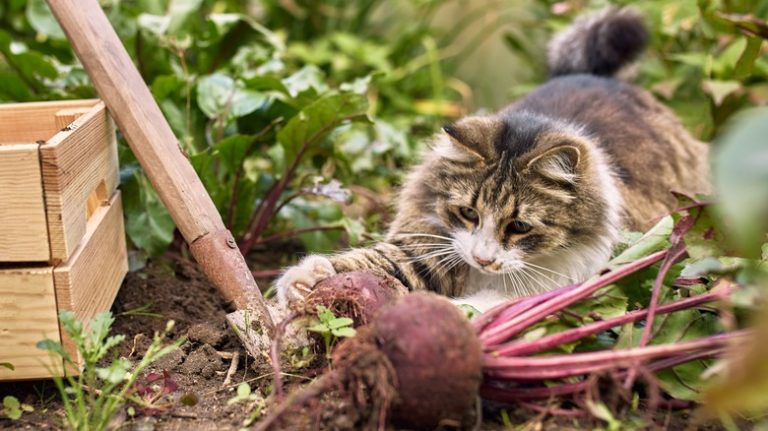Fertilizer can do a lot in maintaining the health of your plants and boosting growth. With so many types of fertilizer on the market, it might be hard to know which to choose. However, there’s one beverage you might not have considered as a plant fertilizer. Chances are, you already have a bottle (or more) in your kitchen.
In case you haven’t heard, leftover red wine makes a terrific fertilizer for your plants. The trick is in how you use it and how long you wait before using it. To pour directly in plant soil, don’t wait too long, or the wine will turn into vinegar. You can simply add four to six teaspoons to the watering can the next time you water your houseplants! However, for compost, you’ll want to wait a while longer until the wine starts to spoil just a little. When wine turns, it releases nitrogen, and that’s a powerful nutrient plants need.
How to use leftover wine in your compost as fertilizer

Using leftover, unspoiled wine to dilute in the water you use for your plants can help fertilize them and boost their growth. You can water from the top or from the bottom, and allow the plants to sit in a watering dish mixed with the leftover wine for about 15 to 20 minutes. This is a highly recommended method for its efficiency, and afterwards the nutrients in the soil become more accessible to the roots. The results are stronger and healthier plants!
Or, if you have a compost pile going, try saving up leftover red wine until it starts to turn. Using the wine as a fertilizer in this way is even more powerful. Red wine activates the good bacteria within the compost stew you’ve got brewing, helping to fertilize growing plants. The process of breaking down organic materials in the compost is accelerated. Additionally, wine helps with insects and the damage they can cause.
Once the wine sours, add up to a quarter of a cup to moisten the compost, but not too much at a time. Make sure you add dry ingredients to balance the moisture out if necessary. After everything has been thoroughly blended, use it to fertilize your plants. Wine has many uses, and it seems we find more benefits as time goes on. So the next time you have some left over wine, don’t pour it down the drain! Instead, pour it on your plants or into compost.



